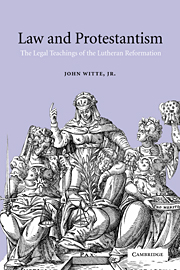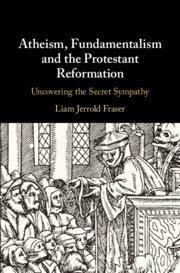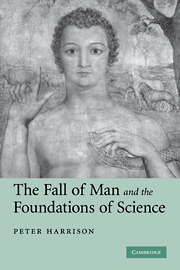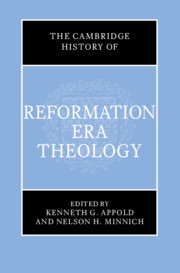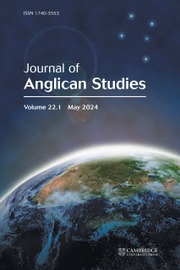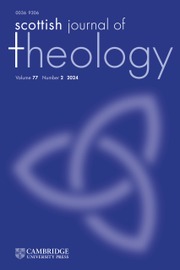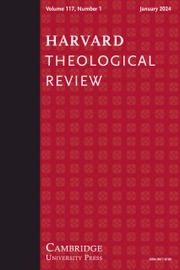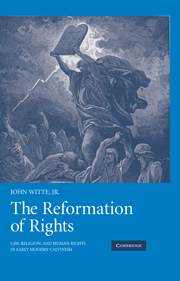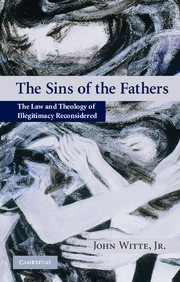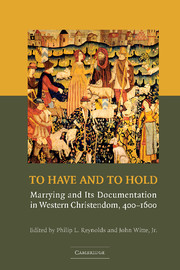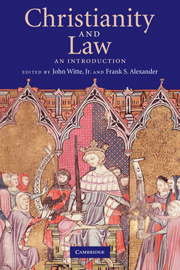Law and Protestantism
The Lutheran Reformation of the early sixteenth century brought about immense and far-reaching change in the structures of both church and state, and in both religious and secular ideas. This book investigates the relationship between the law and religious ideology in Luther's Germany, showing how they developed in response to the momentum of Lutheran teachings and influence. Profound changes in the areas of education, politics and marriage were to have long-lasting effects on the Protestant world, inscribed in the legal systems inherited from that period. John Witte, Jr. argues that it is not enough to understand the Reformation either in theological or in legal terms alone but that a perspective is required which takes proper account of both. His book should be essential reading for scholars and students of church history, legal history, Reformation history, and in adjacent areas such as theology, ethics, the law, and history of ideas.
- The first comprehensive analysis in English of the interaction of legal and theological ideas, institutions, and methods born of the Lutheran Reformation
- Includes a comprehensive bibliography of primary and secondary literature, a good deal of which is unknown in the English-speaking world
- Foreword by Martin E. Marty, the dean of church historians in North America
Reviews & endorsements
"[A] superb study..."
Paul R. Hinlicky, Roanoke College, Sixteenth Century Journal
"...an excellent book."
Journal of Religion
"Witte's book is an excellent dissertation on how law in early modern Germany coalesced with Roman law and the Code of Canon Law under the influence of Lutheran scriptural interpretation and how, in time, this aided the emergence of the secular state."
Chronicles
"Witte has written an informative and learned treatise on the development of law that should exercise a considerable influence."
First Things
"This book breaks new ground. With a binocular vision of law and theology, as the author calls it, it succeeds in mastering the daunting task of tracing the link between law and theology in the Lutheran Reformation, with special attention to law. The task is accomplished with solid scholarship, presented in an engaging literary style."
Theology Today
"This wonderful book will be edifying for all those interested in the social impact of religious movements...[it] adds a much needed counterpoint to the unflattering story of Lutheranism told so often among academics in this country."
The Christian Century
"Witte's provocative and deeply insightful examination...probes theological and legal sources which have commanded too little attention in past analysis of the Reformation...This book replaces earlier studies of the subject."
Religious Studies Review
"Witte offers an important contribution to our understanding of the Reformation generally and confessionalism specifically.... A must for scholars of the Reformation or legal history. Recommended for upper-division undergraduates through practitioners."
Choice
"...well researched and superbly written by a scholar of considerable reputation... an eye opener..."
Journal of Church and State
"...provocative and rewarding..."
Law & Social Inquiry
Product details
June 2002Hardback
9780521781329
360 pages
237 × 158 × 28 mm
0.68kg
7 b/w illus.
Available
Table of Contents
- Foreword Martin E. Marty
- Introduction
- 1. Canon law and civil law on the eve of the Reformation
- 2. Loving thine enemy's law: the evangelical conversion of Catholic canon law
- 3. A mighty fortress: Luther and the two-kingdoms framework
- 4. Perhaps jurists are good Christians after all: Lutheran theories of law, politics, and society
- 5. From gospel to law: the Lutheran reformation laws
- 6. The mother of all earthly laws: the reformation of marriage law
- 7. The civic seminary: the reformation of education law
- Concluding reflections.

